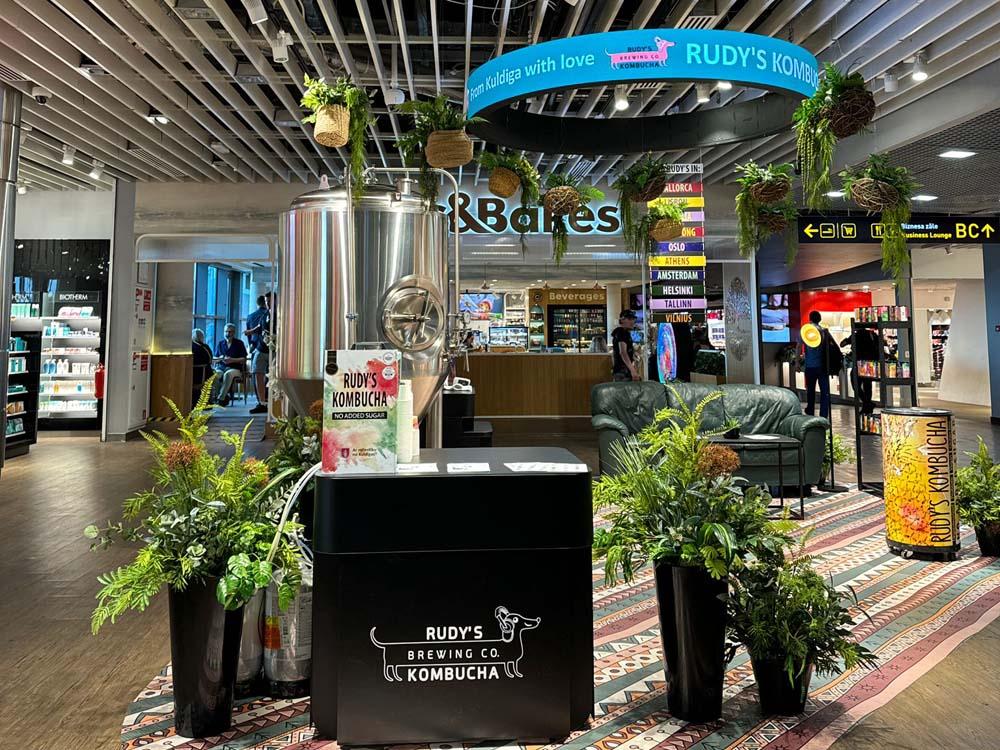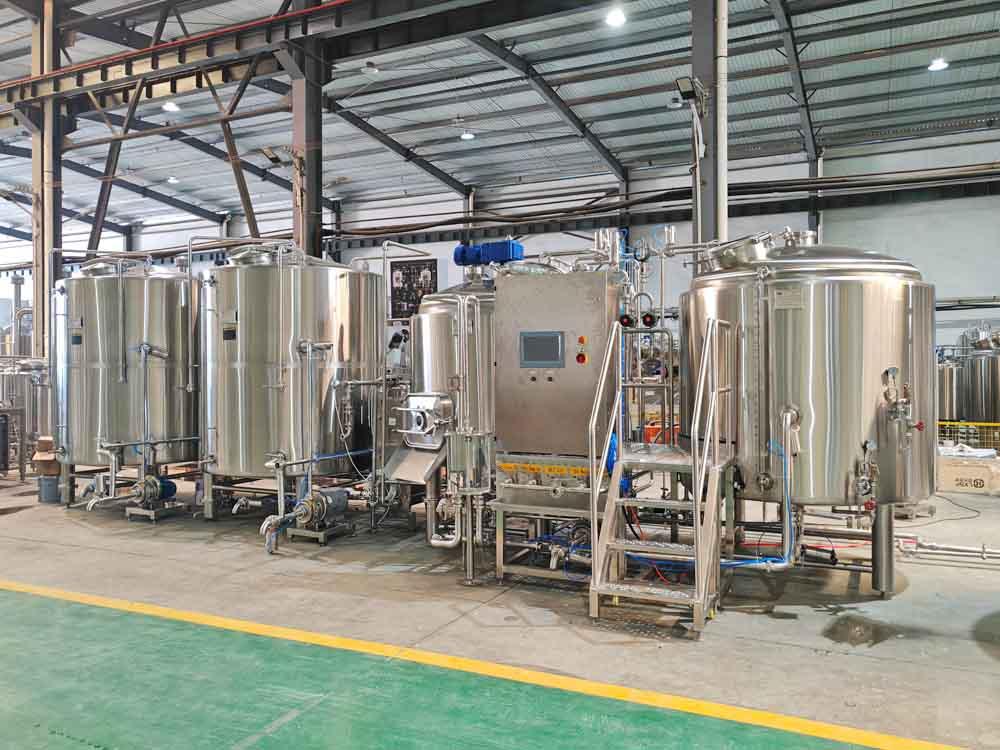Infusion Mashing and Decoction for Brewing Beer?
- Dec 04, 2021
- 84
- tiantai
Mash profiles have a significant impact on home brewed beer. Using an authentic mashing technique for a particular beer style will improve the flavor, clarity and character of your finished beer. This week we provide an overview of mash techniques and their impact on your beer.

The Single Infusion Mash
A single step infusion mash is the bread and butter for 90% of the world’s all-grain brewers. A single step infusion involves mixing in a single water addition at a certain temperature so the target infusion temperature (typically 148-158F) is reached in a single step. After the water is added, the mash is left in an insulated container for 30-90 minutes and then sparged to produce sweet wort for brewing. We covered single infusion mashing techniques in our earlier article.
The advantages of a single infusion are many. Using modern malts, almost all of the world’s beer styles can be duplicated using a single infusion mash. With software and a little practice, the infusion temperature can be accurately calculated for any target temperature. The equipment needed is minimal – usually a single insulated water cooler can act as both mash tun and lauter tun.
Decoction Mashing
Decoction mashing is a continental process developed before accurate thermometers were widely available. Rather than adding water at fixed temperatures, a portion of the mash is drawn off and boiled at each step to raise the temperature of the mash for the following step. The technique is covered in detail in our article on decoction mashing.
Decoction mashing is almost always a multi-step mash, and does require an additional boil pot to boil the decocted portion. It also requires more time than infusion mashing. However, many continental beer styles such as Pilsners, German styles, and Vienna styles do benefit from a traditional decoction mash.
Temperature Mashing
Temperature mashing involves applying direct heat to the mash tun to raise and also maintain the desired temperature for a mash. This method is used by many commercial brewers who have precise control over their mash vessels.
Homebrewers use this technique less often since it is hard to precisely maintain the temperature of a large pot over a burner, and heating an insulated mash tun requires more than the simple plastic water cooler. However, temperature mashing is an acceptable alternative if you can both raise and maintain temperatures in your mash tun with some precision.
Vicky Shao
Sales Manager
[email protected]

The Single Infusion Mash
A single step infusion mash is the bread and butter for 90% of the world’s all-grain brewers. A single step infusion involves mixing in a single water addition at a certain temperature so the target infusion temperature (typically 148-158F) is reached in a single step. After the water is added, the mash is left in an insulated container for 30-90 minutes and then sparged to produce sweet wort for brewing. We covered single infusion mashing techniques in our earlier article.
The advantages of a single infusion are many. Using modern malts, almost all of the world’s beer styles can be duplicated using a single infusion mash. With software and a little practice, the infusion temperature can be accurately calculated for any target temperature. The equipment needed is minimal – usually a single insulated water cooler can act as both mash tun and lauter tun.
Decoction Mashing
Decoction mashing is a continental process developed before accurate thermometers were widely available. Rather than adding water at fixed temperatures, a portion of the mash is drawn off and boiled at each step to raise the temperature of the mash for the following step. The technique is covered in detail in our article on decoction mashing.
Decoction mashing is almost always a multi-step mash, and does require an additional boil pot to boil the decocted portion. It also requires more time than infusion mashing. However, many continental beer styles such as Pilsners, German styles, and Vienna styles do benefit from a traditional decoction mash.
Temperature Mashing
Temperature mashing involves applying direct heat to the mash tun to raise and also maintain the desired temperature for a mash. This method is used by many commercial brewers who have precise control over their mash vessels.
Homebrewers use this technique less often since it is hard to precisely maintain the temperature of a large pot over a burner, and heating an insulated mash tun requires more than the simple plastic water cooler. However, temperature mashing is an acceptable alternative if you can both raise and maintain temperatures in your mash tun with some precision.
Vicky Shao
Sales Manager
[email protected]




